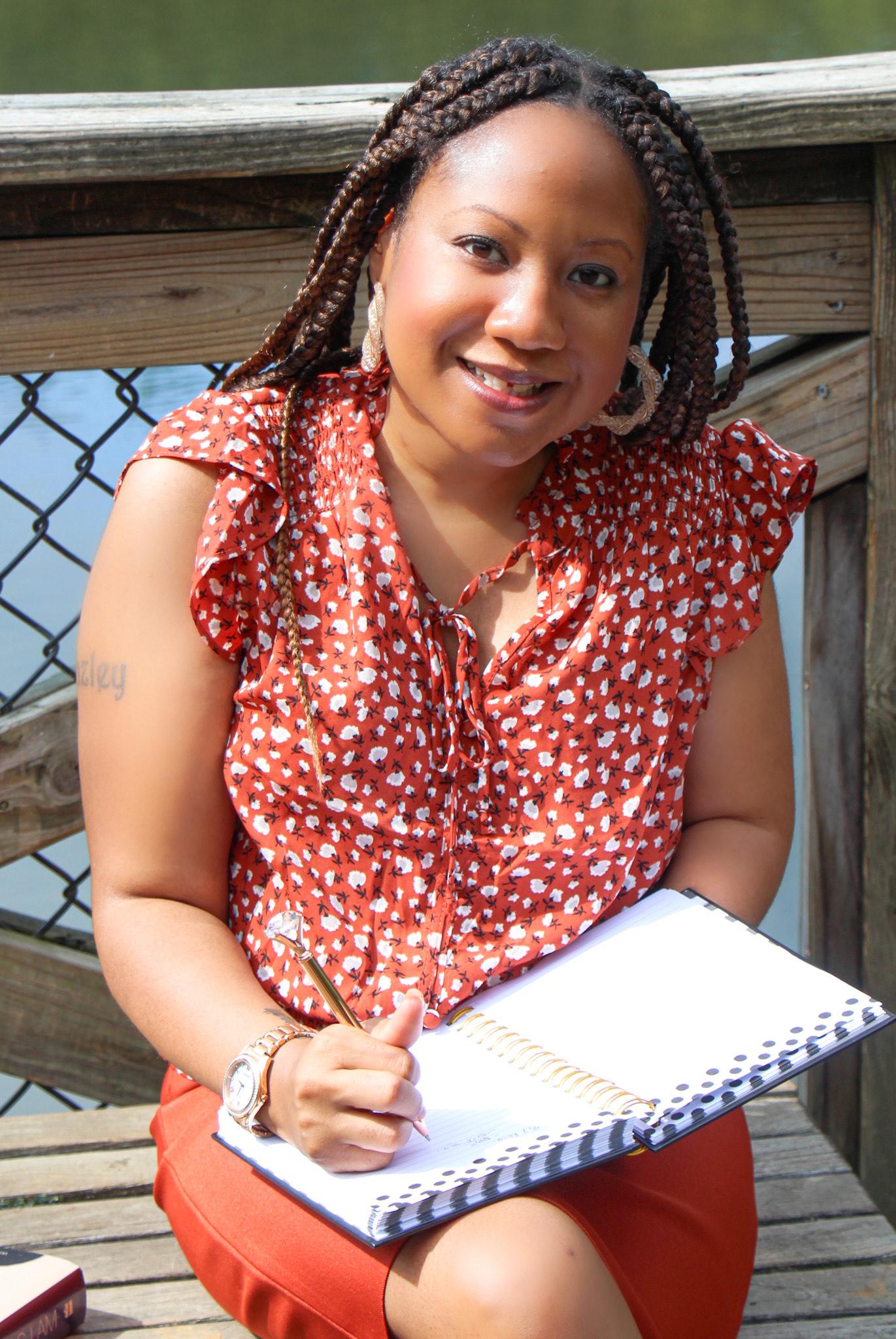Review: Rebecca Hall’s ‘Passing’ On Netflix


Intriguing, yet heartbreaking would be words to describe the Netflix film Passing. From the cinematography to the nuances and expressions of the characters. Passing is a visually striking period film that explores complex issues of race, colorism, and feminine identity.
Passing is Rebecca Hall’s directorial début and it most certainly brings literary style to the screen. Rebecca Hall’s adaption of Passing premiered on Netflix on November 10, 2021. The film is based on the book Passing by Nella Larson written in 1929’s Harlem Renaissance.
“Larsen’s book is about far more than passing. It’s about how gender, sexuality, and motherhood intersect with race which makes the book ahead of its time”, says Rebecca Hall in an interview.
Primarily based in New York City, a light-skinned Black woman finds her world in an uproar when her life becomes disheveled as she encounters a former childhood friend who’s passing as white.
The Film

The film stars Tessa Thompson as Irene Redfield, a woman in her thirties who lives in a brownstone in Harlem with her husband Brian Redfield a doctor, and their two sons, and Andre Holland as Brian Redfield. Irene is an activist who works as a volunteer for a charitable organization called the Negro League. A light-skinned Black woman, she only passes as white when really needed. As Irene is in her hometown of Chicago visiting her parents, she feels faint as she is out shopping and takes a taxi to the Drayton Hotel. In that moment it seems that she is also passing as white as she stops in what seems to be a predominately white hotel. At the hotel café, a blonde woman walks up to Irene and introduces herself, which is Clare Bellew played by Ruth Negga, a friend from high school whom she hasn’t seen in 12 years. Clare is also very light skin but, unlike Irene, she purposely passes for white. She’s married to a well-off white man named John played by Alexander Skarsgard who is an international banker, and they travel in and out the country. As the two women are sitting down for tea, Irene updates Clare on her family and marriage.
Clare insists Irene join her for a drink in her hotel room. As the ladies are talking Clare tells her that she has a daughter and explains she was afraid that the daughter would have come out dark when she was born and that she would not be having more kids because of this. Soon after Clare’s husband, John enters, and in general, conversation reveals himself to be an unapologetic racist making several racist comments stating he despises black people. He even goes on to call Clare “Nig” and says she even though he knows she is white she seems to be getting darker. Irene is mortified but all she could do is laugh hysterically. As this not only puts Clare at risk but Irene as well and she questions what will Clare do if her husband finds out she is black.
Clare’s reunion with Irene makes her realize what she misses with being a part of the Black community. She forces herself into the Redfield household, becomes what seems to be more than friends with Brian and befriends Zu the maid gets close to their boys and takes part in the Negro League events. All of which is a major risk she is willing to take that John will find out that she’s Black.
Before Clare imposes herself on the Redfield’s there seems to already be a bit of a strain in the Redfield marriage with their busy schedules and lack of passion. Also with Brian wanting to move out of the country due to the race relations in the U.S as well as the merging conflict of Clare not wanting her boys to know about the acts of racial violence that have been occurring. This story is a great comparison to our happenings of the Black household today. However, the Redfield’s relationship begins to struggle even more once Clare and Brian get close. It seems that Irene may also have some complicated feelings for Clare as we see her grab her hand while at an event but quickly let it go before others notice. Irene also seems to be jealous of the attention that Clare is getting from everyone. However, Clare is jealous of the life that Irene lives

The film ends dreadfully after John comes to a party the Redfield’s and Clare are attending. John comes in looking for Clare accusing her of being a liar about her race, which leaves the viewers to question how he found out about Clare. As Clare and Irene are standing near an open window, and John is rushing toward her Clare tragically falls out the window to her death. Hall end’s the film with viewers wondering did Irene push her, did she commit suicide, or was it an accident.
Passing

The film Passing brings up an age-old issue in the Black community of lighter-skinned Black people “passing” in society as white due to white people naively believing they were white. Passing stories are a major part of Black literature and history. There were so many layers and themes in this movie.
Rebecca Hall did a great job with foreshadowing the death of Clare as well as instilling metaphors within the film. Hall made sure the nuances of the imagery of the book and storyline were upheld by displaying the laughs, moans, and expressions of the characters. The viewer has to pay close attention to every sound and motion within the film to grasp its importance. Passingwill put you in thought mode and might also remind you of Douglas Sirk’s movie Imitation of Life, or Britt Bennett’s book Vanishing Half both of which depicted colorism and racism of those times.






